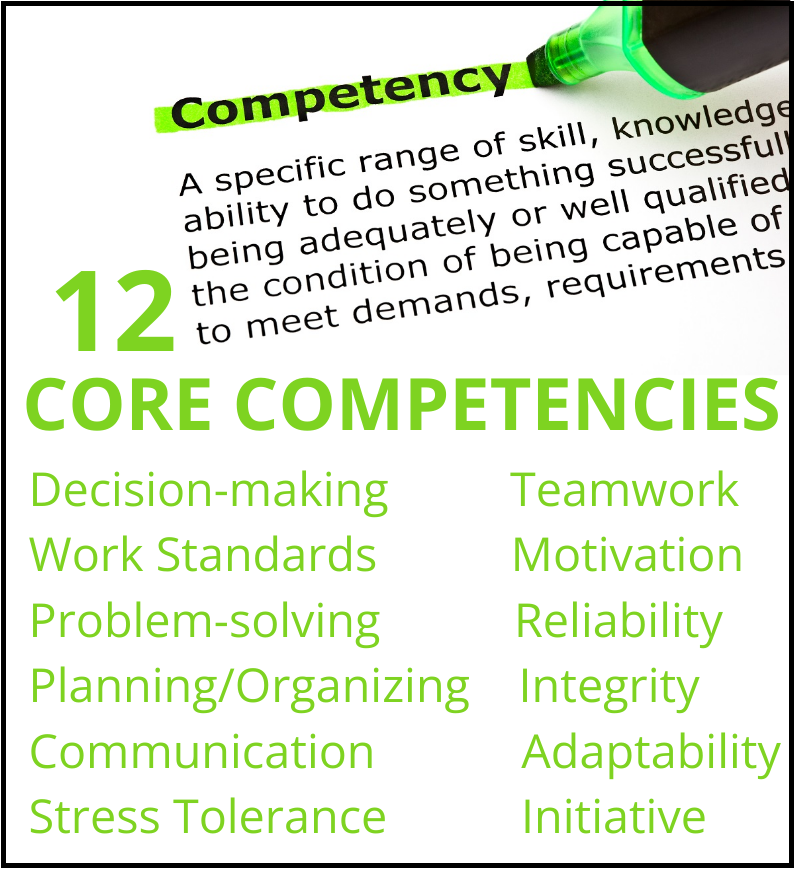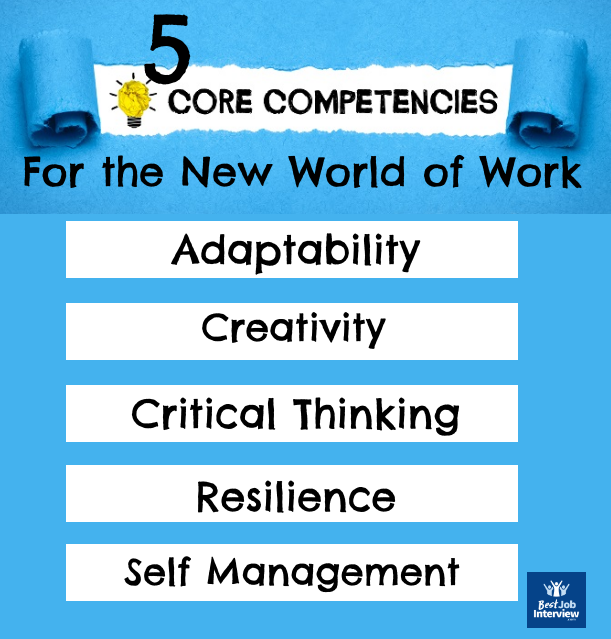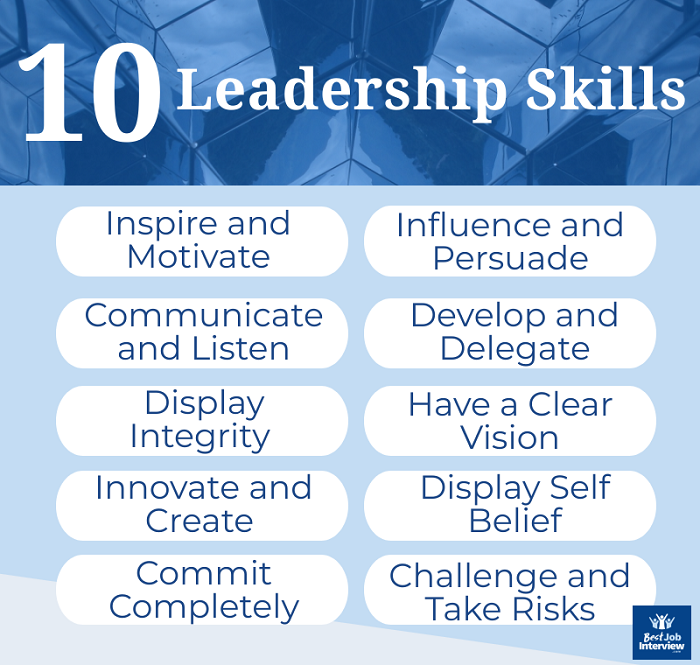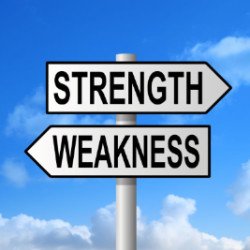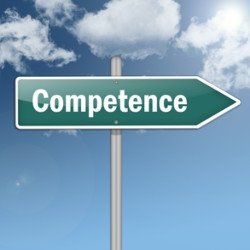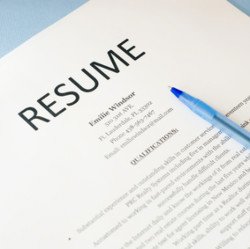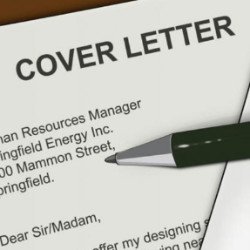- Home
- Behavioral Interview
- 12 Core Competencies
What are the
12 Core Competencies?
These are the 12 core competencies that have been identified as
critical for successful job performance. Each core competency is listed with examples.
Different jobs demand different competencies, however these twelve key competencies are the most commonly recognized behaviors required for success in nearly all work and career fields.
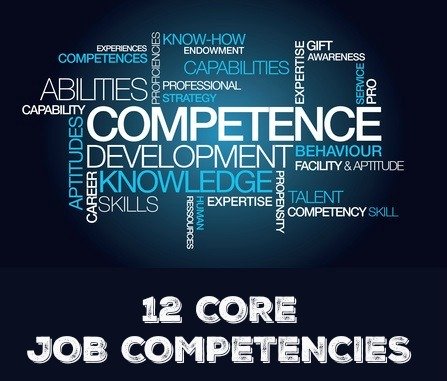
Organizations will explore these 12 core competencies in the job interview by asking competency-based interview questions, otherwise known as behavioral interview questions.
First it is important to understand what a competency is.
What does core competency mean?
You will find many different definitions of this concept. Generally a competency is described as the knowledge, skills and behavioral attributes necessary for acceptable job performance.
Knowledge refers to previous education and experience, skills refers to the technical or practical skills required to perform the job and behavioral attributes refer to personality characteristics that are key to successful job performance.
The 12 core competencies for job success with examples
|
Competency |
Key Actions and Examples |
|
1. Decision Making |
|
|
2. Teamwork |
|
|
3. Work Standards |
|
|
4. Motivation |
|
|
5. Reliability |
|
|
6. Problem Solving |
|
|
7. Adaptability |
|
|
8. Planning and Organizing |
|
|
9. Communication |
|
|
10. Integrity |
|
|
11. Initiative |
|
|
12. Stress Tolerance |
|
Assessing the core competencies
This is done by asking the job candidate competency-based or behavioral interview questions that explore these competencies.
A competency-based interview question will ask the candidate to provide an example of when he or she displayed the required competence or behavior in the past. For example:
"Tell me about a recent problem you discovered. What steps did you take to sort it out?"
A more detailed explanation of this type of job interview can be found at the behavioral interview guide
Exploring the 12 Core Competencies
A list of behavioral or competency-based interview questions with sample behavioral interview answers can be found at behavioral interview questions
Go to job-related competencies to find out the competencies relevant to different job types.
Evaluating core competencies in an interview
Five core competencies for the world of work in 2023
The world of work has changed over the last couple of years. Here are 5 core competencies that are likely to be in high demand going forward.
1. Adaptability - the ability to adapt to the changes that are happening in the way companies operate and work is critical for survival going forward. Companies will look for employees who can demonstrate agility and flexibility in responding to new demands and challenges.
2. Creativity - the importance of creativity and innovation has been highlighted both during the pandemic and by the current world economic outlook. Companies and employees have to come up with new ways of doing business in order to respond to new demands.
3. Critical thinking - the ability to accurately and objectively evaluate data has become essential in a world overwhelmed with different ideas, arguments and information. Employees who can identify and analyze data systematically will be able to make sound decisions and solve problems.
Problem-solving behavioral interview questions
4. Resilience - the ability to maintain effectiveness in the face of difficulties has been widely put to the test over the last few years. Employees with strong coping skills will be able to remain productive in the face of challenges.
5. Self management - the ability to organize one's day, self discipline and the motivation to achieve goals independently is essential with remote work. Taking personal ownership of job performance is vital to goal attainment.
Time management interview questions
Core competency examples in a resume
Understanding and highlighting the core competency requirements for the job you are applying for is key to getting your resume noticed.
Many employers and recruiters use an Applicant Tracking System (ATS) to scan and rank resumes. The ATS uses selected keywords to do this. The keywords usually include the core competency requirements for the position. Using the right resume keywords will ensure your resume gets to the next level in the hiring process.
Hiring Managers will look for the right keywords in each resume they read through when selecting suitable job candidates. Knowing which keywords and competencies to focus on will get your resume noticed.
Resume Keywords List by Industry
Core competencies for managers and leaders
Find out about management competencies at What Makes a Good Manager?
Leadership CompetenciesReaders also liked
Job duties, responsibilities and competencies
Visit these job description samples to find out which of the 12 core competencies are required for your specific job opportunity.
Job interview guides for assessing the key competencies required for over 35 different jobs.
Behavioral interview questions database for over 20 different competencies with sample interview answers.
Competency based interview questions
Highlighting competencies in resumes and cover letters
How to focus on relevant job competencies in your resume and cover letter.
